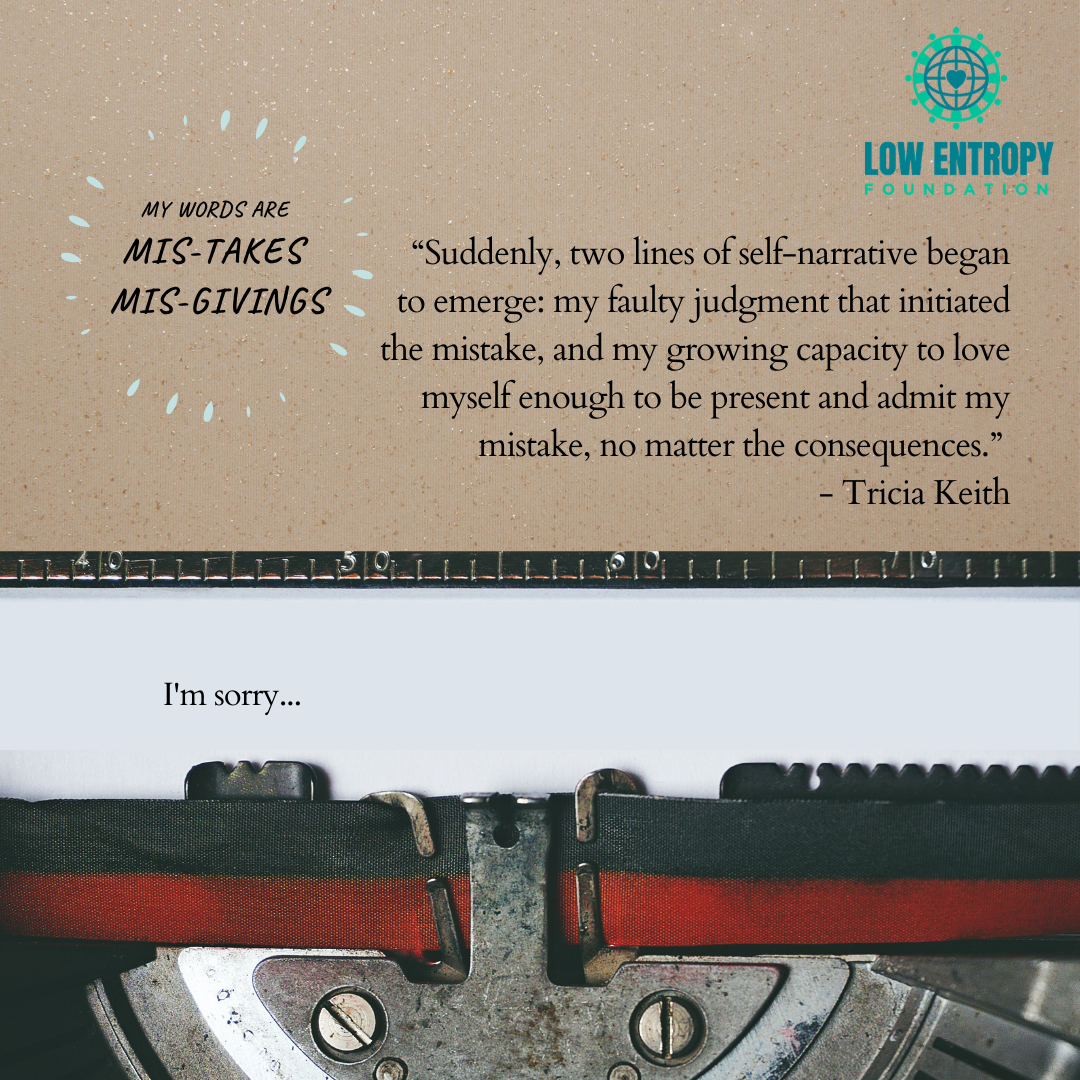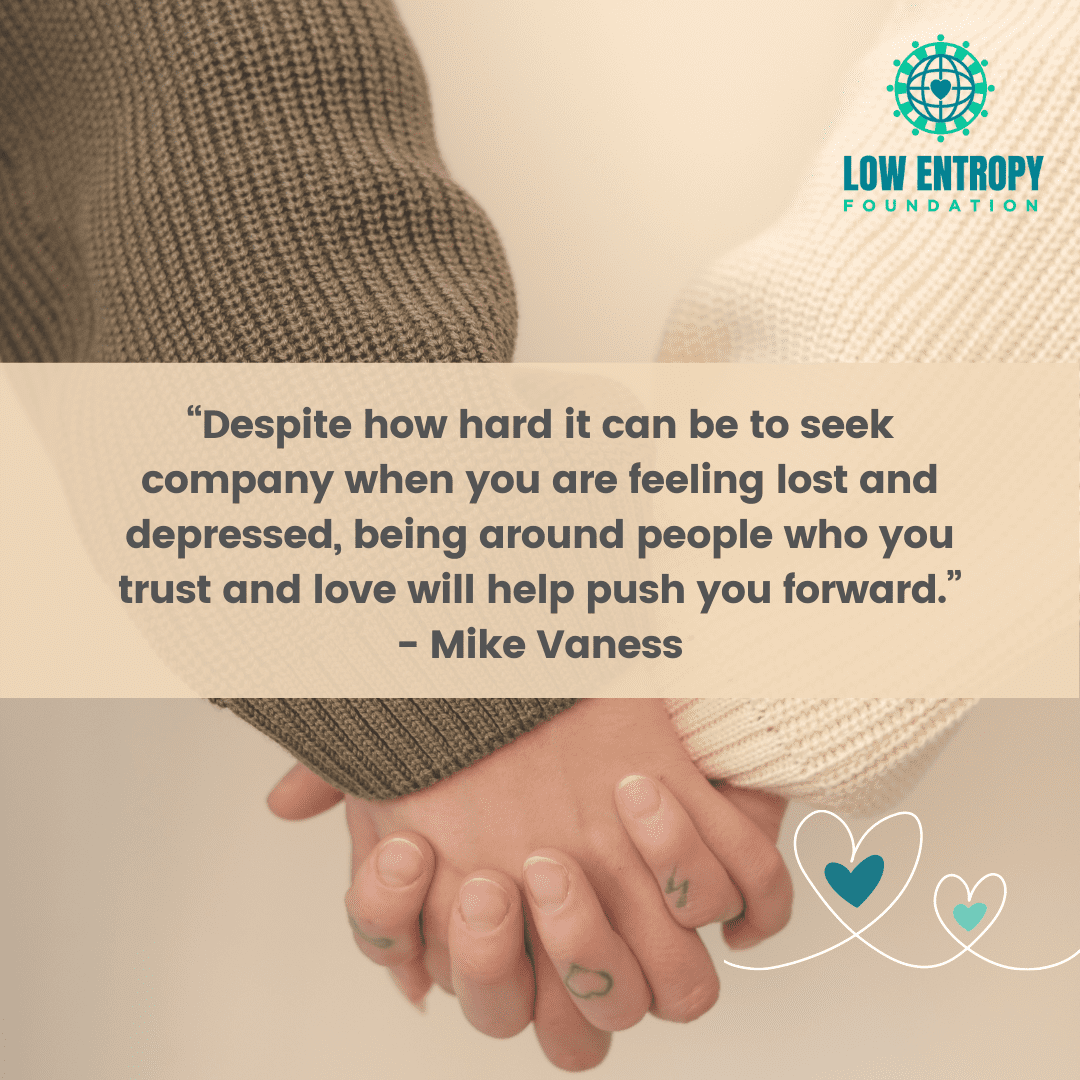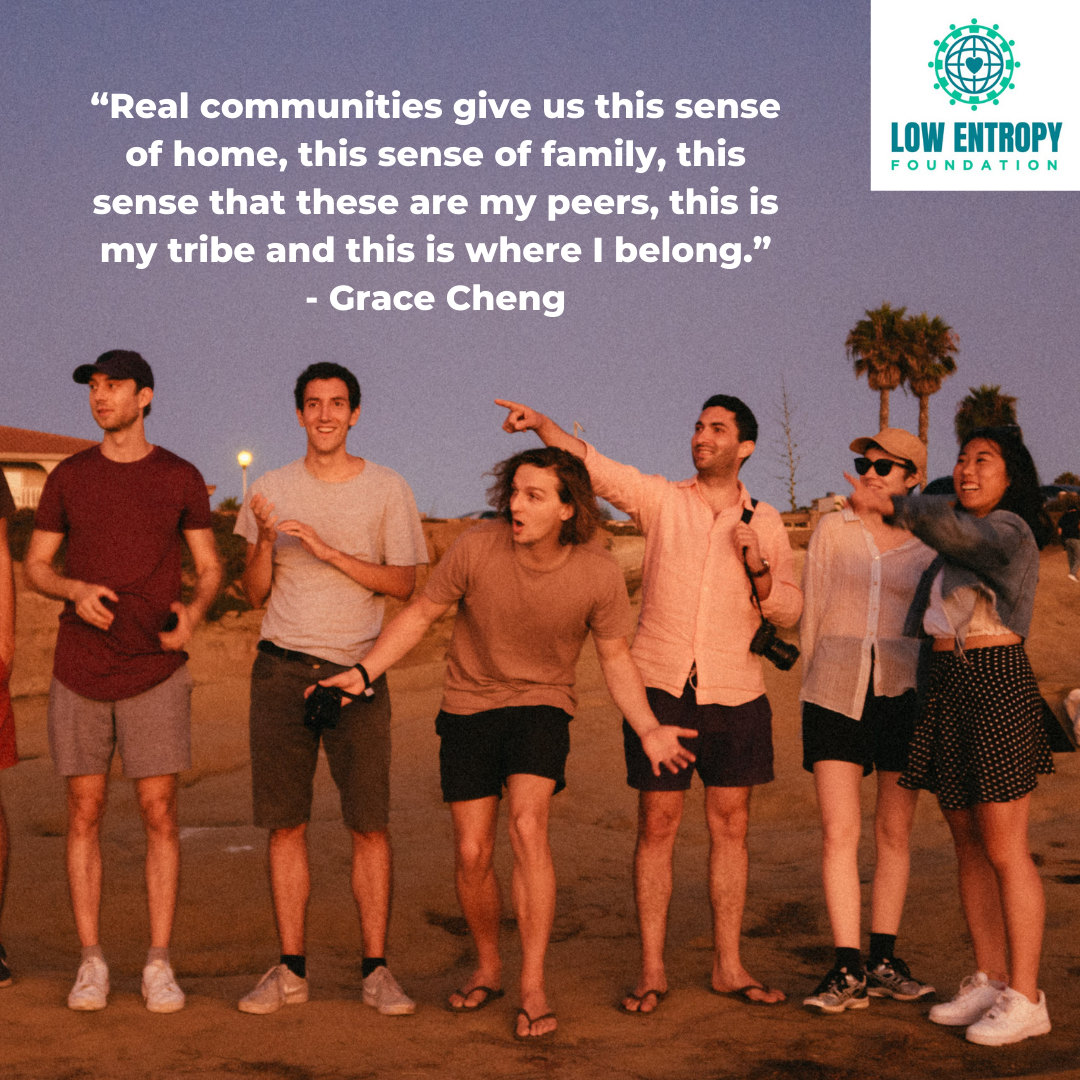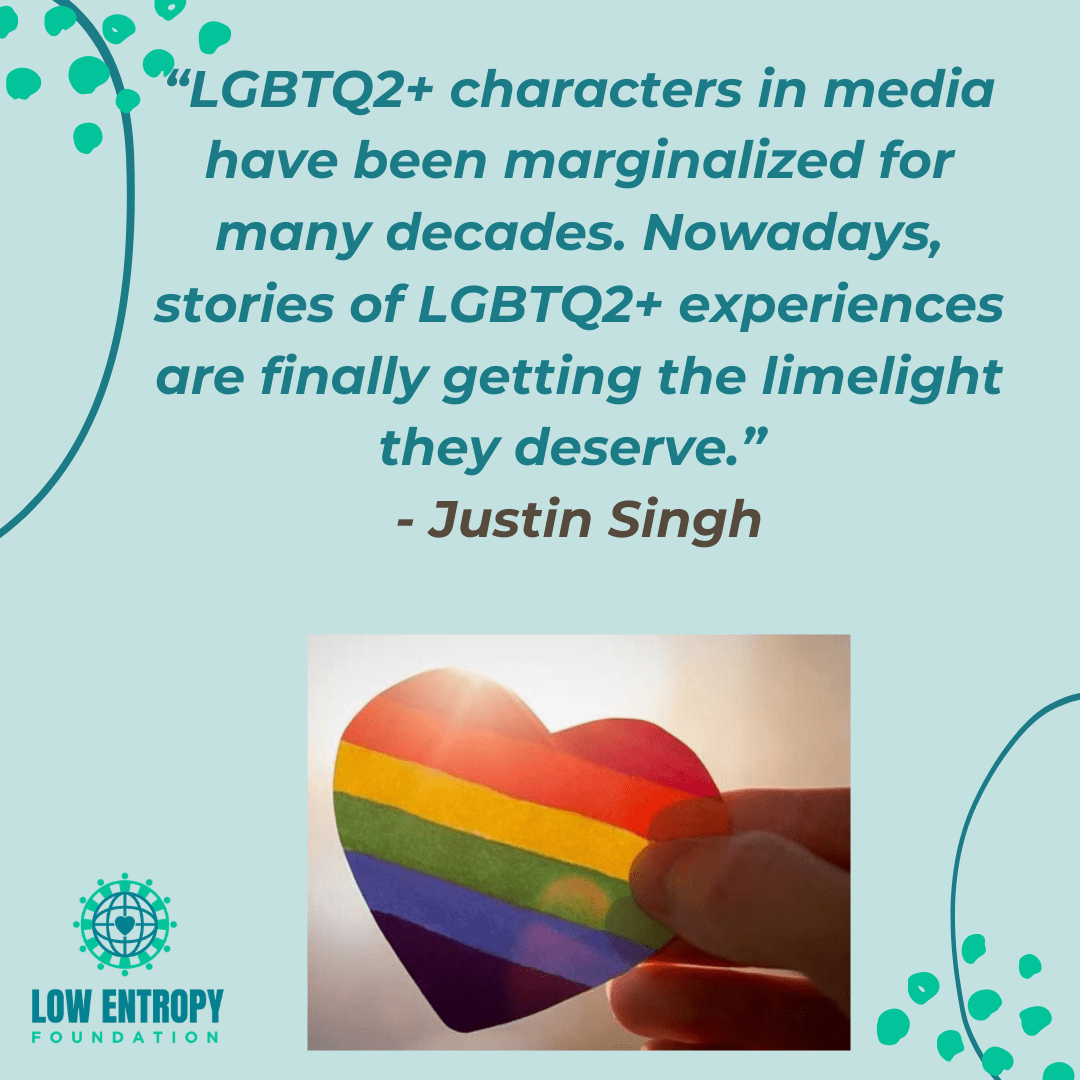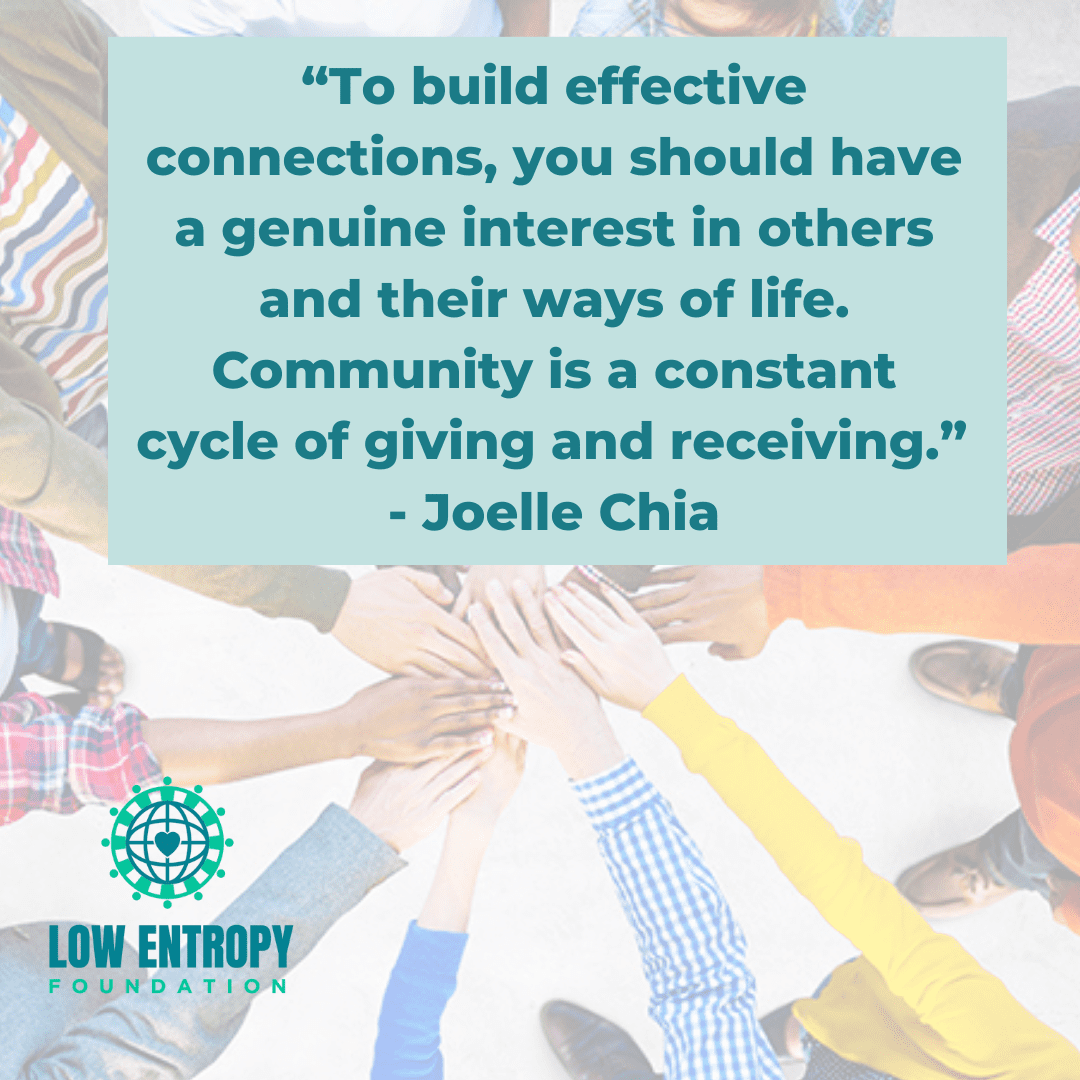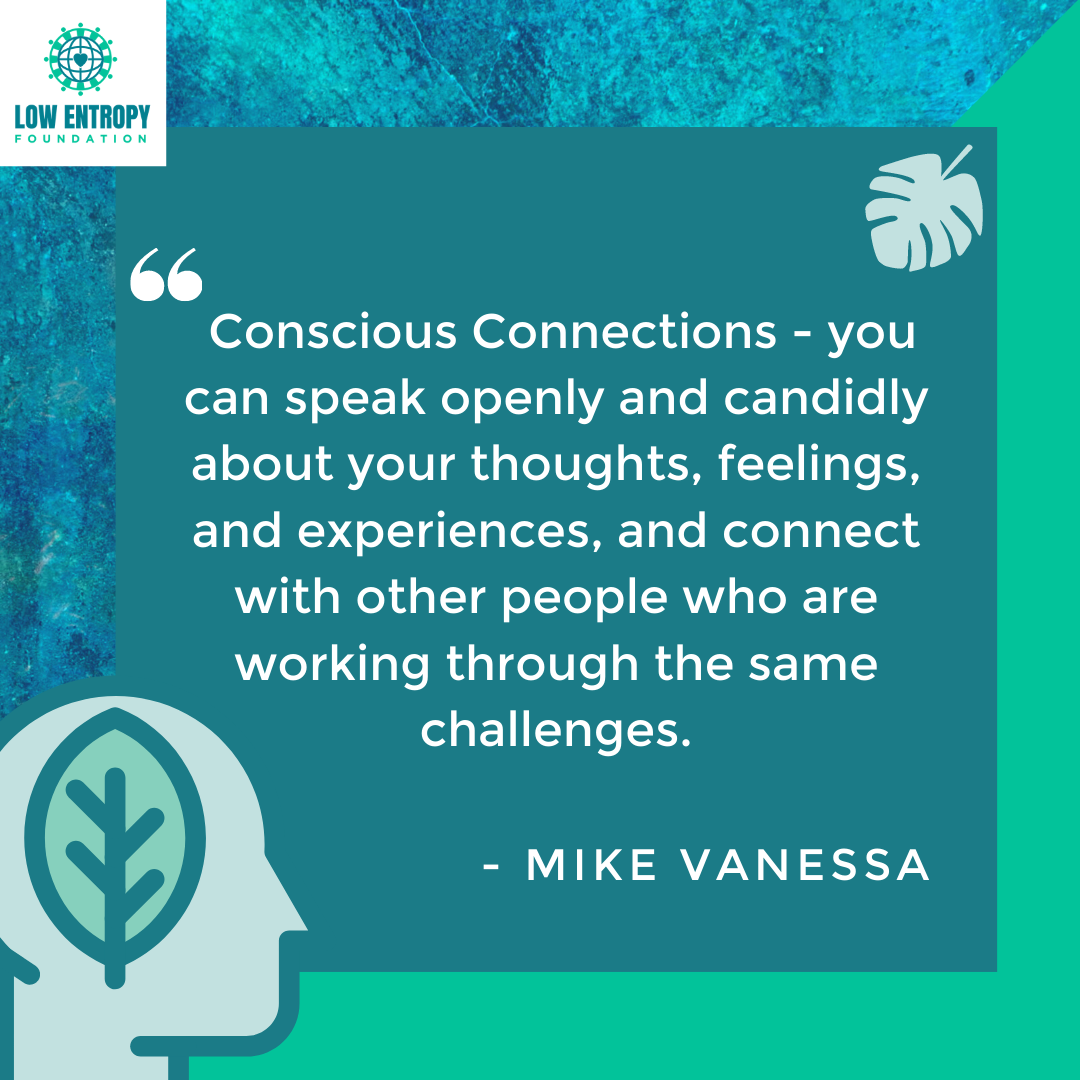Heidi Collie (she/her/hers), Low Entropy Volunteer Writer
Believed to have originated from a character in the epic Greek poem The Odyssey, the term “mentor” is generally understood as an “advisor.” A quick Google search also surfaces the phrases models positive behavior, and builds trust as well as the terms: teacher; confidante; counsel; sponsor. The anthropologist in me would cry if I did not express that this is also how we might, perhaps, define the term community. At the crux of it, humans need one another and this has always been and –fighting the rise of Western neoliberalism– will always be the case.
Take a walk with me. The names “Nariokotome boy” and “Java Boy” may resonate with you very little or perhaps not at all. These are famous remains of ancient humans, more specifically Homo Ergaster (in Kenya) and Homo Erectus (in Georgia) respectively – dating back to approximately 1.6 million years ago. The significance of these individuals is that due to evidence of healed wounds, they represent the earliest indication of humans caring for their sick. Throughout this evolutionary stage, humans developed culture as an adaptive strategy; groups began to care for their sick and bury their dead, ensuring as many people live to reproduce as possible. Gradually, community meant more than just commensality. 1.6 million years ago, community meant survival. And it still does.
Evolution continued, as evolution does, through homo heidelbergensis, homo neanderthalensis, and finally, homo sapiens. We learned from the successes and failures of others, each group adapting their culture and societal systems to fit the surrounding environment and circumstances. Today we see community displayed in a diverse range of social group configurations and systems of kinship around the world.
This sense of community is not just laid out spatially, geographically, but also temporally. Sir Isaac Newton famously wrote, “If I have seen further, it is by standing on the shoulders of giants.” He intended to acknowledge the talented scholars who came before him but, perhaps inadvertently, struck a chord with something deeper. Newton had depended on another human just as Java Boy had, 1.6 million years earlier. The human race boasts such fantastic diversity, but one fundamental element we all have in common is each other. We are built to depend on, learn from, grow with, teach, counsel, sponsor other people, just as we would have them to us. If a mentor is someone we are to learn from, based on their own behavior, don’t question who is a mentor to you. Look around you and ask who –in one way or another– isn’t a mentor to you.
They (the Instagram wellness community) say you become like the five people you spend the most time around. Well, –and no offense to my roommates, boss or local barista– in my case this is not ideal. In my opinion this is also fundamentally not true. Breathe a sigh of relief and feel free to stop hanging around at the gym, you don’t need to refine the spaces you are in, or scour Facebook marketplace for new friends. You are not defined by your physical five, but rather the decisions you make about what you consume and produce, influenced by your mentorship community. Looking beyond my postcode area, where I work as a barista there are several hundred customers, 70 thousand students at my school and 30 million users on Tiktok – so don’t tell me I am going to become my roommates because I walk in on them in the washroom and occasionally steal their bread. In the most human way possible, we all have 7.7 billion mentors, each for us to learn from their successes or failures. Humanity’s greatest gift is itself, and just as 1.6 million years ago we began to carry our sick, trust that your community will carry you. You only have to ask.
—
Leave your thoughts for Heidi in the comments below — better yet, start up a dialogue with the Low Entropy community in person at a Conscious Connections meeting or online at our community site. You can also follow us on Facebook, Instagram, TikTok, Twitter and YouTube to stay up-to-date with Low Entropy news!








